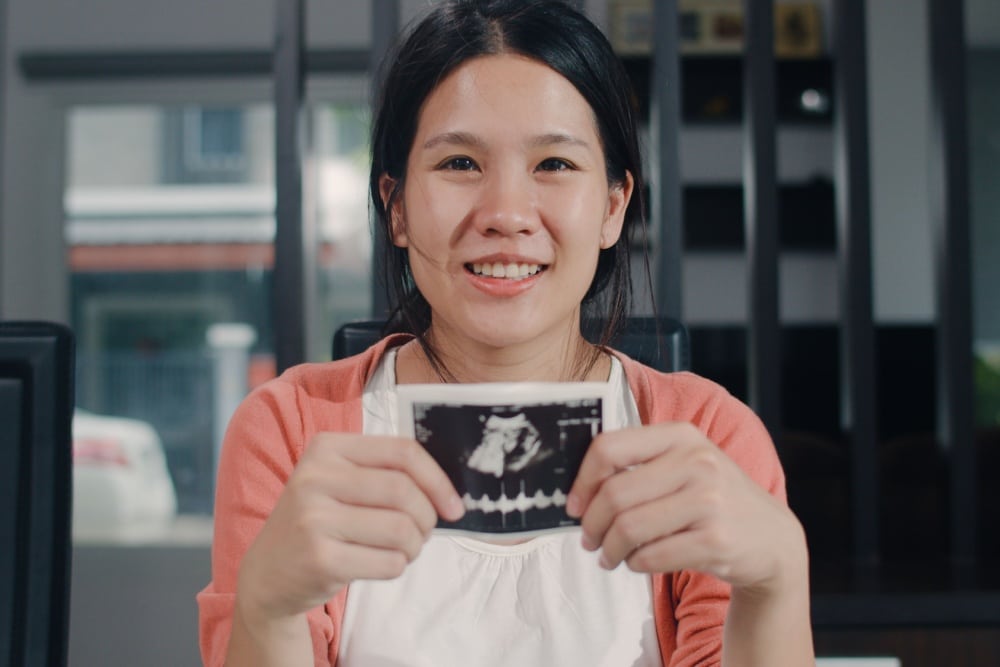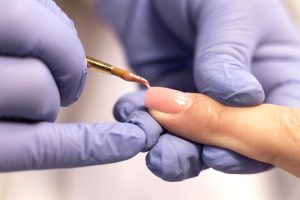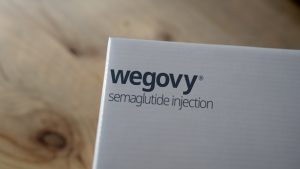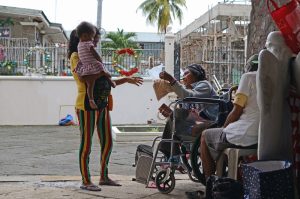DOH Secretary Teodoro Herbosa has championed legislative efforts to integrate mammogram and ultrasound screenings as free healthcare benefits for Filipinos.
Herbosa stressed the importance of expanding access to screenings, particularly for breast and gynaecological conditions. Mammograms and ultrasounds serve as indispensable diagnostic tools for early detection for a host of women health conditions. They include breast cancer, cervical abnormalities, and other reproductive health issues. This tool aims to empower individuals with timely interventions and improved health outcomes.
Addressing Healthcare Disparities
During his recent interview with TeleRadyo Serbisyo, Herbosa underscored the financial burden confronting individuals seeking private-sector mammograms, often exceeding P5,000. This formidable expense put up barriers to accessing essential healthcare services, disproportionately affecting low-income individuals and marginalised communities. Herbosa endeavours to dismantle financial barriers and mitigate healthcare disparities. Therefore, it will ensure equitable access to preventive screenings for all Filipinos, regardless of socioeconomic standing. He intends to do so by advocating for including mammogram and ultrasound screenings within PhilHealth’s benefits packages.
Expanding PhilHealth Coverage
In alignment with Secretary Herbosa’s vision, the Department of Health (DOH) is expanding PhilHealth coverage. They plan to include a comprehensive range of preventive services. These include cervical cancer screenings to colon cancer treatments, prostate exams, endoscopies, and colonoscopies. These screenings are vital pillars in the fight against various diseases. It will facilitate early diagnosis, disease burden alleviation, and improved public health outcomes nationwide. The government aims to empower individuals to proactively manage their health, reduce the burden on healthcare facilities, and promote a culture of wellness and disease prevention.
Moreover, including preventive services within PhilHealth’s benefit packages underscores the government’s commitment to addressing healthcare disparities and promoting health equity. Ensuring universal access to essential screenings regardless of socioeconomic status or geographic location fosters equitable distribution of healthcare resources and supports the realisation of universal health coverage. Through collaborative efforts, the Philippines is poised to make significant strides in advancing public health outcomes, enhancing healthcare accessibility, and building a healthier, more resilient nation.
Bridging Gaps in Coverage
PhilHealth currently extends coverage for in-patient services. However, certain preventive measures like colonoscopies are notably absent from existing Z Benefit Packages. Herbosa has reiterated the urgency of addressing these gaps in coverage. He wants to ensure that essential preventive services are universally accessible nationwide. Tackling these challenges necessitates a collaborative effort among government agencies, healthcare providers, and civil society organisations to craft comprehensive benefits packages that cater to the diverse healthcare needs of the populace.
Simplifying Access for Persons with Disabilities (PWDs)
Herbosa has reaffirmed that implementing intricate rules and regulations (IRR) to exempt persons with disabilities (PWDs) from contributing to PhilHealth is superfluous, as the exemption is entrenched within longstanding legislation. By streamlining access for PWDs, Herbosa seeks to facilitate their seamless engagement with vital healthcare services without shouldering additional financial burdens. This streamlined approach underscores the government’s commitment to fostering inclusivity and equity in healthcare access.
Ensuring Accessibility and Equity
In conclusion, Herbosa’s advocacy epitomises a concerted effort to ensure accessibility and equity in healthcare access for all Filipinos. The DOH strives to catalyse a paradigm shift towards preventive care and bolster health outcomes nationwide. This is exhibited by advocating for the integration of essential preventive screenings into PhilHealth’s benefit packages and simplifying access for vulnerable populations such as PWDs. Guaranteeing that preventive screenings are readily accessible and financially feasible for all segments of society remains paramount to alleviating disease burden and propelling public health advancements in the Philippines. Herbosa’s initiatives underscore an unwavering commitment to realising universal health coverage and advancing health equity for every Filipino, irrespective of circumstance or background.














